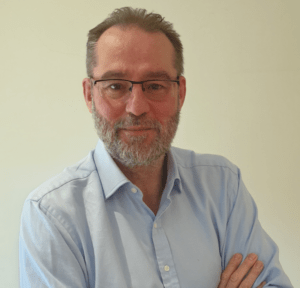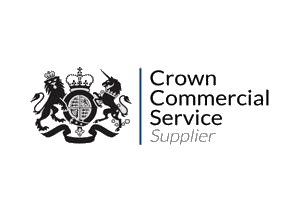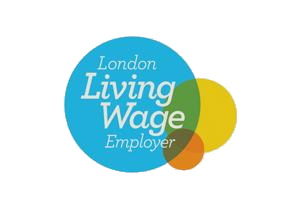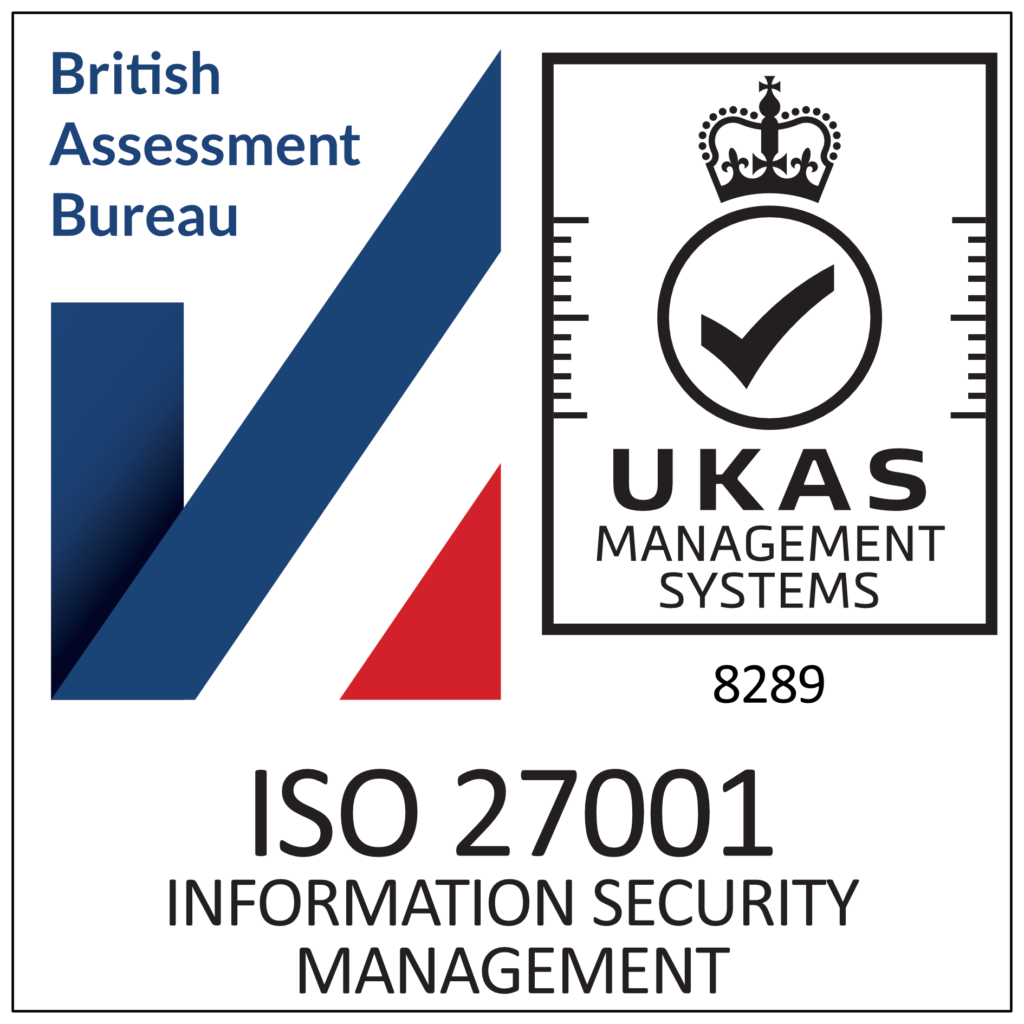Digital campaigning must be constant. Not just for a few weeks before an election.
 Henry Hill makes valid points in his piece about how easy it is for council and parliamentary seats to slip away if they are not given constant attention. However, I think his appeal to CCHQ for action may be misplaced.
Henry Hill makes valid points in his piece about how easy it is for council and parliamentary seats to slip away if they are not given constant attention. However, I think his appeal to CCHQ for action may be misplaced.
My experience as Sir Iain Duncan Smith’s Chairman after the 2017 election was of a CCHQ that was extremely supportive of our efforts to retain the seat, and whilst sometimes that involved the constituency doing what CCHQ wanted, there was reciprocity.
Working with the CCHQ team, I was able to secure support for targeted surveys, and as a result we considerably strengthened the digital arsenal available for IDS’s re-election campaign. This style of “incumbency campaigning” is now the norm, and the opportunities for it are many. For example, I am currently promoting a campaign to MPs to help them show public support where councils in their seats are making Levelling Up Fund applications. Not only does this highlight a popular Conservative policy to the voters, it also captures data which can be used in future election campaigns.
Next year, 147 Councils in England will hold elections. Many of these would usually hold elections every year – the delay to the 2020 elections has meant that it was the first time these councils did not hold a vote. The downside of this cycle is the perpetuation of a pattern; immediately after an election, teams are too exhausted to campaign and may be preoccupied with settling into new council roles. Then it’s summer and the holidays, then conference, then it becomes too cold to canvass. Christmas comes and goes, and suddenly it’s a mad panic, with thousands of leaflets to deliver and doors to knock in a short space of time. This can mean that by Polling Day, everyone is exhausted once again…
This is clearly an over-simplification, but consistent motivation is an inherent challenge of being a voluntary movement. Teams have lives outside of politics, we work, we have families and friends. We like to ski or lie on beaches. There is a danger that in the seats and councils thought to be ‘safe’, incumbents slip into a complacent mindset, only to be usurped by a better organised and motivated opposition. These are the cracks Henry highlights, which can quickly widen into chasms and result in parliamentary seats being lost.
In this digital age, constituents expect their elected representatives to be regularly available and in constant contact with them. They are not the loyal Tory, Labour, or Lib-Dem voters they might once have been. They are fickle, and may change allegiance if they feel ignored or taken for granted.
Maintaining a high level of contact with electors is proven to deliver results at council level, and where turnout is low, this can mean the difference between winning and losing. Historically this took the form of leafleting and canvassing, door-to-door or by phone, but increasingly leaflets go straight in the recycling and fewer people are willing to engage with canvassers. This is where digital tools become game changers.
I recently ran an online petition across two wards about an unpopular housing development, securing over 600 responses and gathering more than 400 voting intentions. The vast majority of people also gave us emails, phone numbers, and permission to contact them. To gather that kind of data from door-to-door or phone canvassing could take upwards of 50 hours, with what I suspect would be very few contact details obtained.
The data gathered was all GDPR/TPS compliant. Together with other data gathered from similar campaigns, this enabled us to send almost 10,000 GOTV emails in support of a by-election candidate and our GLA candidate up to and on Polling Day. We also had a solid bank of over 600 telephone numbers to call in the by-election ward, which we held with a swing to us, compared with the 2018 elections.
Looking to next year, councils can easily see their message lost behind that of the government. A dedicated council group website with supporting social media platforms is an investment. It can host online surveys and petitions, while also being the platform on which to showcase your policies and your candidates all year long, not just during the election period. Making that investment now will allow the cost to be spread over a longer period, meaning minimal impact on your legal expenses limit, and is a sensible part of planning for those elections next year.
So, however tired you are after this month’s elections, I urge you to think now about preparation for next year’s elections. It is never too early to prepare to win.
This blog originally appeared on Conservative Home.
John Moss is a Councillor in Waltham Forest and works as a Campaign Manager at College Green Group. The College Green Group team also includes people who have been senior volunteers, candidates and campaign managers for multiple elections. Our approach is to work alongside you to equip and enable you to maximise your ability to be successful in both the assessment process and at every other step along your journey to Westminster.
Contact us for a consultation by entering your details below:



